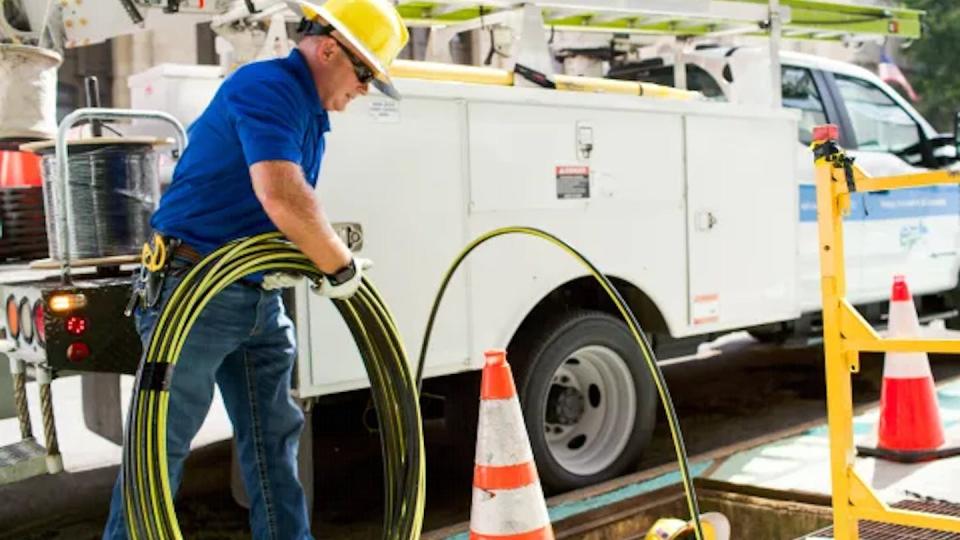
Cooperatives and Tennessee municipal broadband projects have nabbed a respectable chunk of Tennessee's latest round of middle and last mile broadband grants.
Tennessee’s Department of Economic and Community Development (TNECD) recently announced the state had awarded more than $162.7 million in broadband and digital opportunity grants, funded primarily via federal COVID relief legislation.

TNECD indicates that $97.2 million is being earmarked for last mile and middle mile connectivity programs, with $65.5 million set aside for digital opportunity programs. The grants should extend broadband to an additional 236,000 Tennessee residents across 92 counties. Winners will provide $48 million in matching funds and must complete all projects by the end of 2026.
As is often the case, the regional telecom monopoly nabbed the lion’s share of the grants and awards, with Charter (Spectrum) being awarded more than $11.7 million for projects across Polk, Hardin, and Wayne counties. Charter was the top winner in the TNECD’s 2022 grant awards as well, nabbing $20.4 million to fund expansion across six counties.
At the same time, municipalities and cooperatives have been fairly well represented in both the 2022 and this year’s awards.

The Tennessee Valley Electric Cooperative received $3.5 million to help fund projects in Hardin and Wayne counties. United Communications, owned by the non-profit electric cooperative Middle Tennessee Electric (MTE), received $7.98 million in middle mile grant awards to deploy 267 miles of fiber to 10 rural counties, helping kickstart other projects.
Other Tennessee middle mile grant winners included Newport Utilities ($15.2 million), Gibson Connect ($7.1 million), BrightRidge ($6.7 million), Ben Lomand Communications ($14.7 million), the West Kentucky Rural Telephone Cooperative Corporation ($6.6 million), and Aeneas Communications ($7.2 million).
With these latest grant awards, the TNECD says it has invested more than $715 million to expand the state’s broadband infrastructure, connecting more than 689,000 Tennesseans across 275,000 residential and business locations.
The Tennessee Emergency Broadband Fund was largely made possible by the American Rescue Plan, which numerous Tennessee politicians, including Senator Marsha Blackburn, Rep. Tim Burchett, Rep. Scott DesJarlais, Rep. John Rose, and Rep. Mark Green all voted against.
Tennessee is also one of 16 states with state preemption laws, heavily lobbied for by regional telecom monopolies, that restrict competition and consumer choice. In part by blocking utilities from expanding broadband access outside of their existing utility footprint. Efforts to reverse these heavy-handed restrictions have routinely been derailed by telecom industry lobbying.

Still, unlike many states (such as Pennsylvania), Tennessee hasn’t been completely hostile to municipal and cooperative alternatives even if large regional monopolies (with a history of anti-consumer behavior) continue to win the lion’s share of state awards. Both Chattanooga’s EPB and the Knoxville Utility Board (KUB) have seen significant success and accolades, inspiring countless other municipalities nationwide.
Inline image of EPB installing fiber courtesy of EPB Fiber







